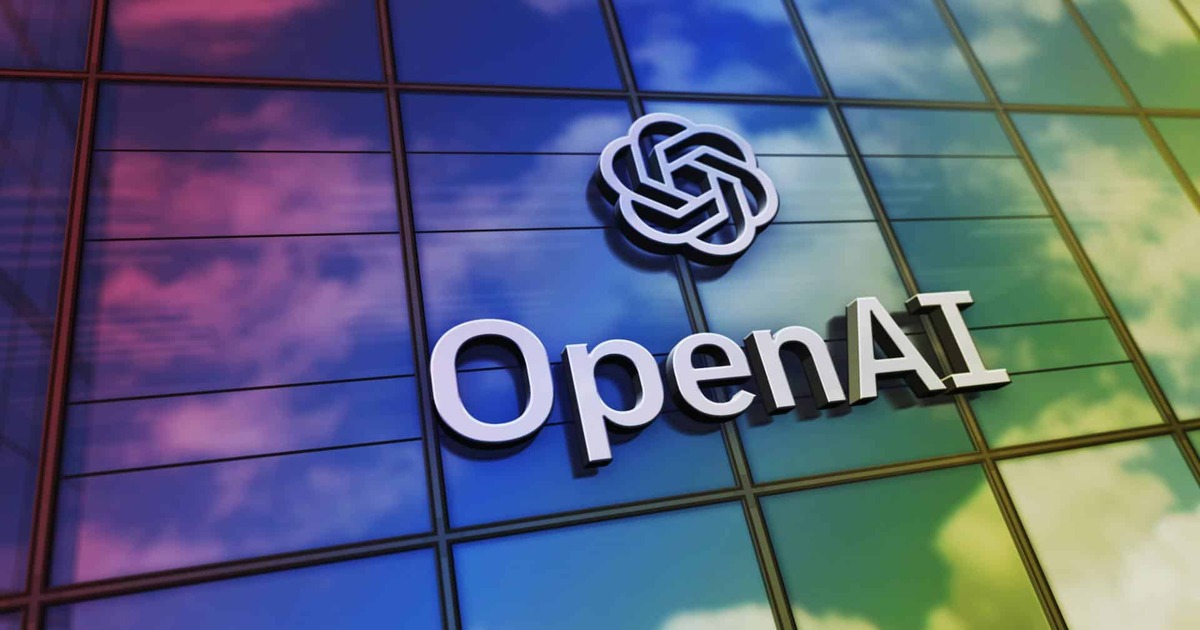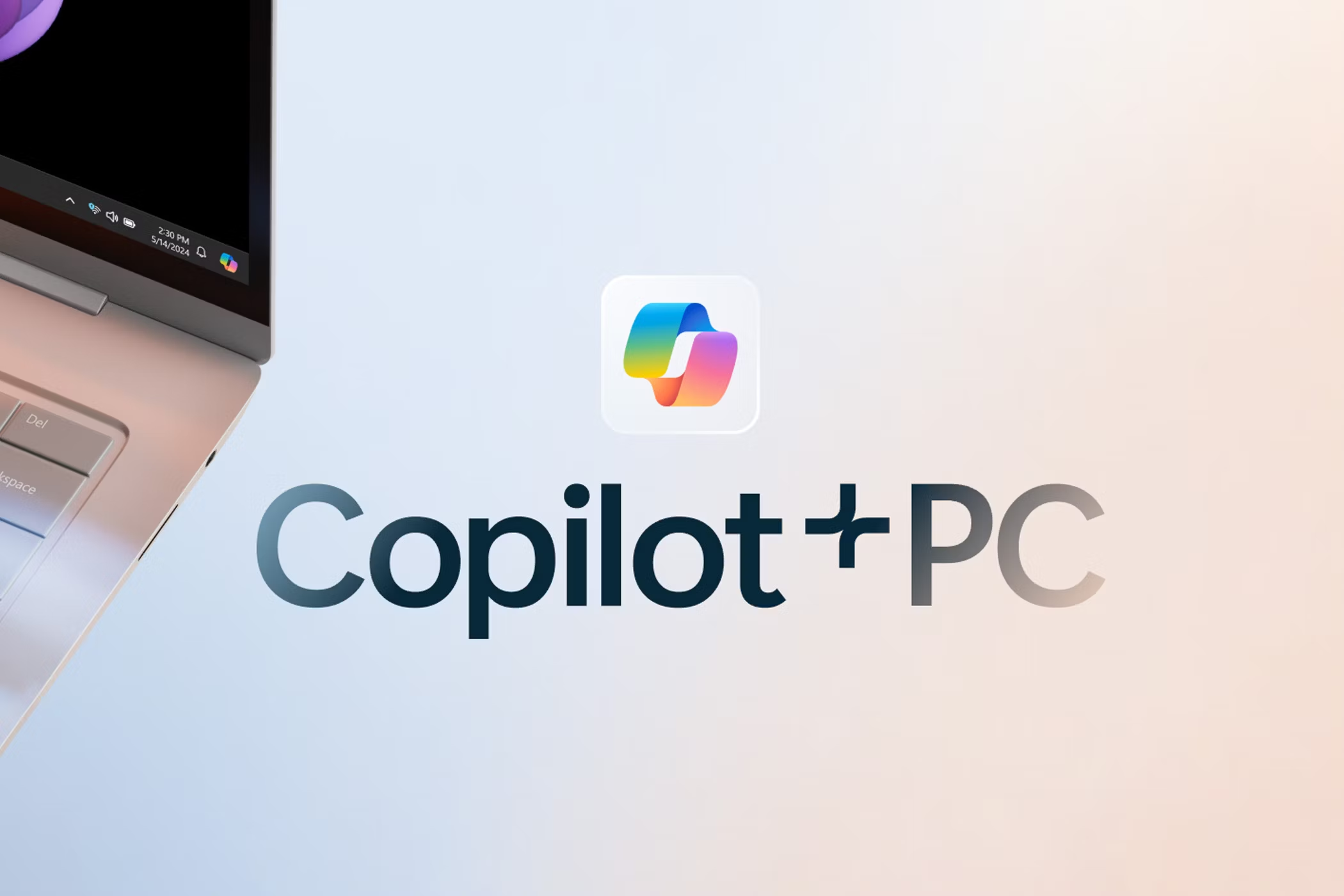Scale AI, a provider of data-labeling services for training machine learning models, has secured a $1 billion Series F round from major investors, including Amazon and Meta
Combining primary and secondary funding, the financing is the most recent in a string of substantial venture capital investments in artificial intelligence.
Anthropic, an OpenAI competitor, has recently received a $4 billion investment from Amazon. Mistral AI and Perplexity are also pursuing additional billion-dollar funding rounds at excessive valuations.
Scale AI had raised approximately $600 million in its eight-year history before this round, including a $325 million Series E in 2021 that valued the company at roughly $7 billion — double the amount it was worth in its Series D in 2020.
Scale AI is now valued at $13.8 billion three years later, notwithstanding the challenges that compelled the company to reduce its workforce by 20% in the previous year.
This valuation indicates the times as investors hasten to secure a foothold in the AI gold rush.
Accel, which also headed the company’s Series A and participated in subsequent venture rounds, presided over Series F.
Scale AI has attracted new investors, including venture divisions from Cisco, Intel, AMD, ServiceNow, DFJ Growth, WCM, investor Elad Gil, Amazon, and Meta.
A number of its previous investors, including Nat Friedman, former CEO of GitHub, Nvidia, Coatue, Y Combinator (YC), Index Ventures, Founders Fund, Tiger Global Management, Thrive Capital, Spark Capital, Greenoaks, and Wellington Management, also made their return.
Leveraging the increasing significance of data
Because data is artificial intelligence’s sustenance, data management, and processing firms are currently experiencing robust growth.
Weka announced last week that it had raised $140 million at a post-money valuation of $1.6 billion to assist businesses in constructing data pipelines for their AI applications.
Scale AI, established in 2016, integrates ‘human-in-the-loop’ oversight with machine learning to effectively handle and annotate substantial quantities of data. This is particularly crucial when training AI systems in sectors such as autonomous vehicles.
The majority of data, however, is unstructured, and AI systems immediately need help to process such data. Labeling becomes a resource-intensive undertaking, mainly when dealing with extensive datasets.
Scale AI furnishes organizations with accurately annotated and primed data for model training.
In contrast, natural language processing (NLP) use cases require annotated text, whereas a self-driving vehicle company will likely require labeled data from cameras and Lidar.
The company also caters to the specialized requirements of various industries.
Microsoft, Toyota, General Motors, Meta, the U.S. Department of Defense, and, as of August of last year, ChatGPT-maker OpenAI, which is utilizing Scale AI to enable businesses to fine-tune its GPT-3.5 text-generating models, are among the company’s clients.
Scale AI asserts that the newly acquired capital will be utilized to expedite the accumulation of “plenty of frontier data that will pave the way for artificial general intelligence.”
“An abundance of data is a choice; it is not the default,” said Alexandr Wang, CEO and founder of Scale AI, in a press release. “It requires the collaboration of the brightest minds in operations, AI, and engineering.” We aim to reach a state of data abundance in which we possess the necessary production capabilities to scale frontier LLMs by orders of magnitude more. We should not be constrained by data in our pursuit of GPT-10.”




